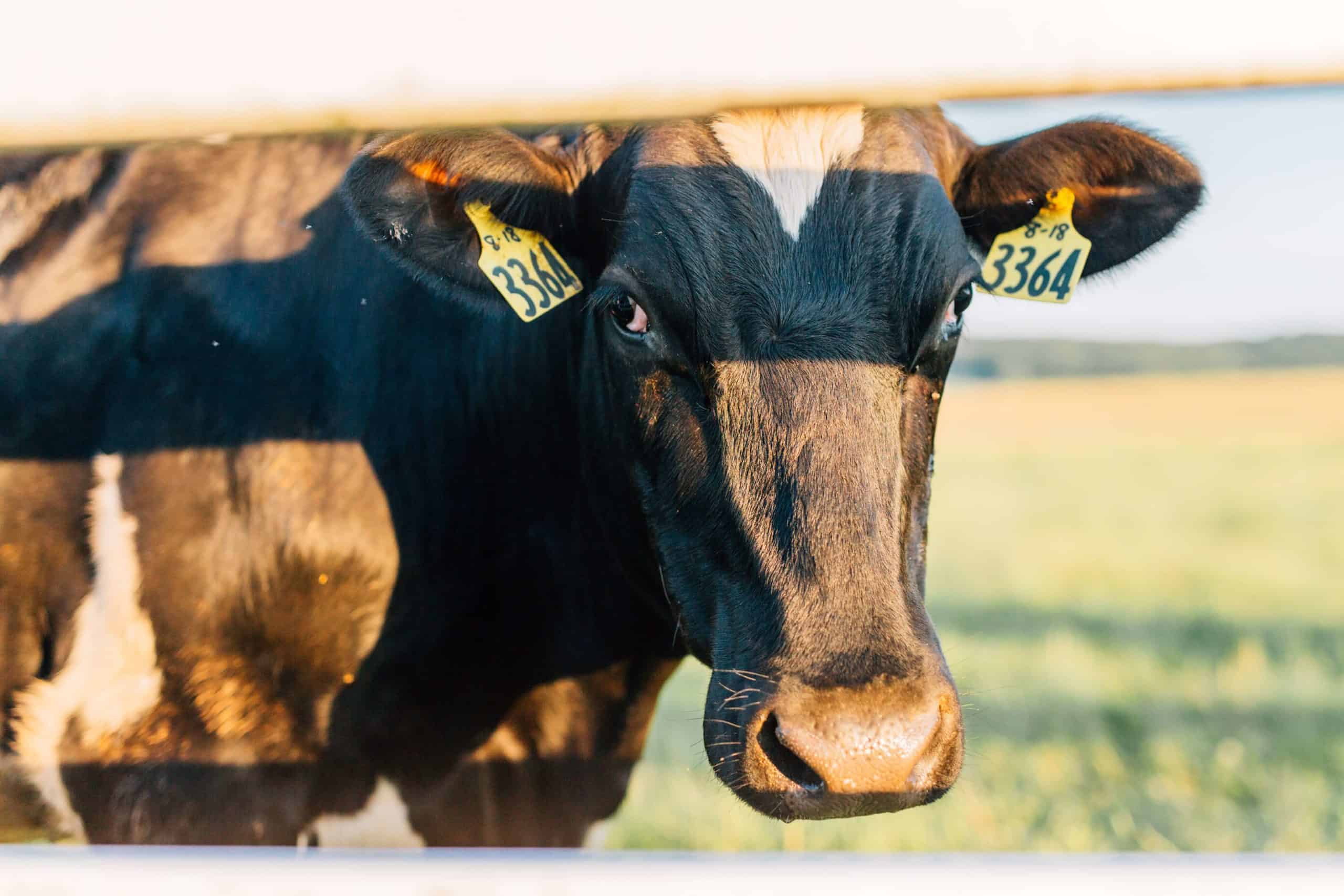Anticoccidials and calves
Coccidiosis is the most prevalent disease in the New Zealand shed-reared calf. Signs of coccidiosis are diarrhoea (often bloody), loss of appetite and body weight, and in severe cases, death. Much of the damage done by coccidiosis occurs before clinical signs are observed. By the time it is symptomatic the coccidia have established themselves in the intestinal cells of the calf, and caused extensive damage. The damage reduces digestibility, causes scours, and reduces the appetite of the calf.
The best method of minimising the effects of coccidiosis is prevention. This can be accomplished by a combination of hygiene and use of an anticoccidial in feed and milks.
Anticoccidial is standard in all Ngahiwi Calf Milk Replacers. Anticoccidial reduce the effects of parasitic coccidian infections in young calves.
Why put an anticoccidial in calf milk replacer?
- It’s easy
- It’s cheap. The cost of the anticoccidial in starters is only pennies a day. It’s an excellent investment to prevent coccidial infection
- Prevention is better than cure! It is very hard to stem coccidiosis once it is established
- Over 90% of the economic loss caused by coccidiosis occurs sub-clinically when it is very difficult to detect

